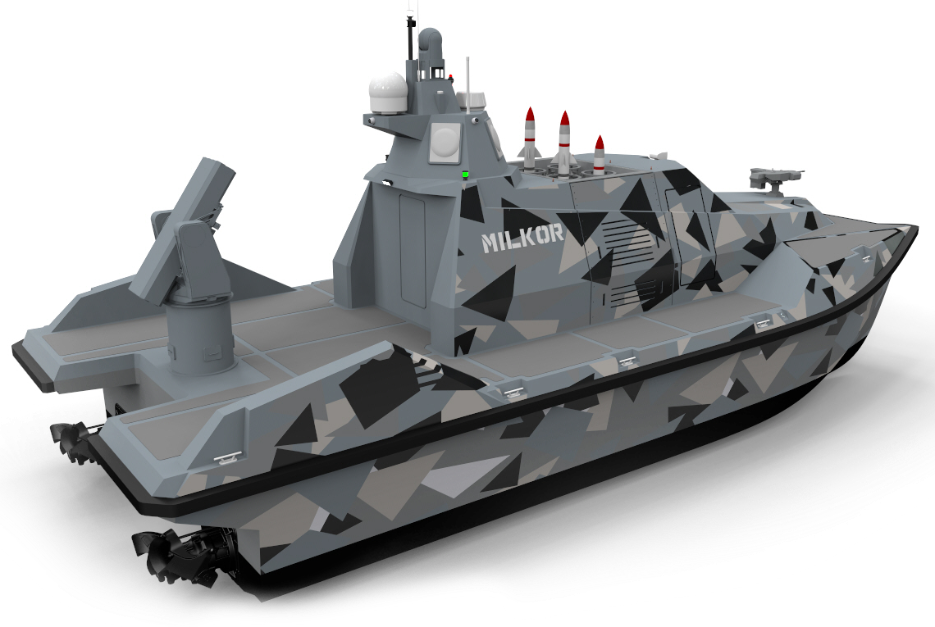Ensuring Safety In Shipbuilding Processes
Ensuring Safety In Shipbuilding Processes
Safety is very importance in any industry, but it holds even more gravity in the shipbuilding industry. The construction and maintenance of ships involve complex processes that require careful attention to detail as well as adherence to safety protocols.
Shipbuilding companies must ensure the safety of their workers, the environment, and the vessels themselves during all stages of the shipbuilding process. This includes design, construction, and launch of the ship. Safety measures must also be implemented in the maintenance and repair of ships to ensure their continued safe operation. A failure to adhere to safety standards can result in serious accidents, environmental damage, and legal consequences for the company.
Inclusive risk assessment:
Abu Dhabi ship building begins with an inclusive risk assessment to identify hazards, risks, and safety concerns associated with the construction process. This includes evaluating factors such as structural integrity, material handling, welding operations, heavy machinery usage, working at heights, and confined space entry. By identifying risks early on, shipbuilders can implement preventive measures and safety controls to minimize accidents and injuries.
Compliance with safety regulations:
Shipbuilders adhere to strict safety regulations and standards established by regulatory authorities, classification societies, and industry organizations. International conventions such as SOLAS (Safety of Life at Sea) and OSHA (Occupational Safety and Health Administration) regulations set forth guidelines for safe working practices, equipment standards, and emergency preparedness. Shipbuilders ensure compliance with these regulations through regular inspections, audits, and training programs.
Training and certification:
Training and certification programs are essential to equip shipyard workers with the knowledge, skills, and competencies required to perform their jobs safely and effectively. Shipbuilders provide complete safety training covering topics such as hazard recognition, fall protection, electrical safety, fire prevention, and emergency response procedures. Workers receive certifications and qualifications in relevant areas, such as welding, rigging, scaffolding, and crane operation, to demonstrate proficiency and compliance with safety standards.
Personal protective equipment (PPE):
Shipbuilders prioritize the use of personal protective equipment (PPE) to mitigate risks and safeguard workers from workplace hazards. PPE such as hard hats, safety goggles, gloves, steel-toed boots, and respiratory protection are mandatory for workers performing tasks in high-risk areas or handling hazardous materials. Shipyards provide PPE, conduct regular inspections, and enforce usage policies to ensure workers are adequately protected at all times.
Hazard mitigation and control measures:
Shipbuilders implement hazard mitigation and control measures to minimize risks and prevent accidents during construction activities. This includes implementing engineering controls, such as guardrails, barriers, and safety nets, to prevent falls from heights, as well as implementing administrative controls, such as work permits, safety signage, and emergency evacuation procedures. Regular safety inspections, hazard assessments, and safety meetings are conducted to identify and address hazards promptly.



